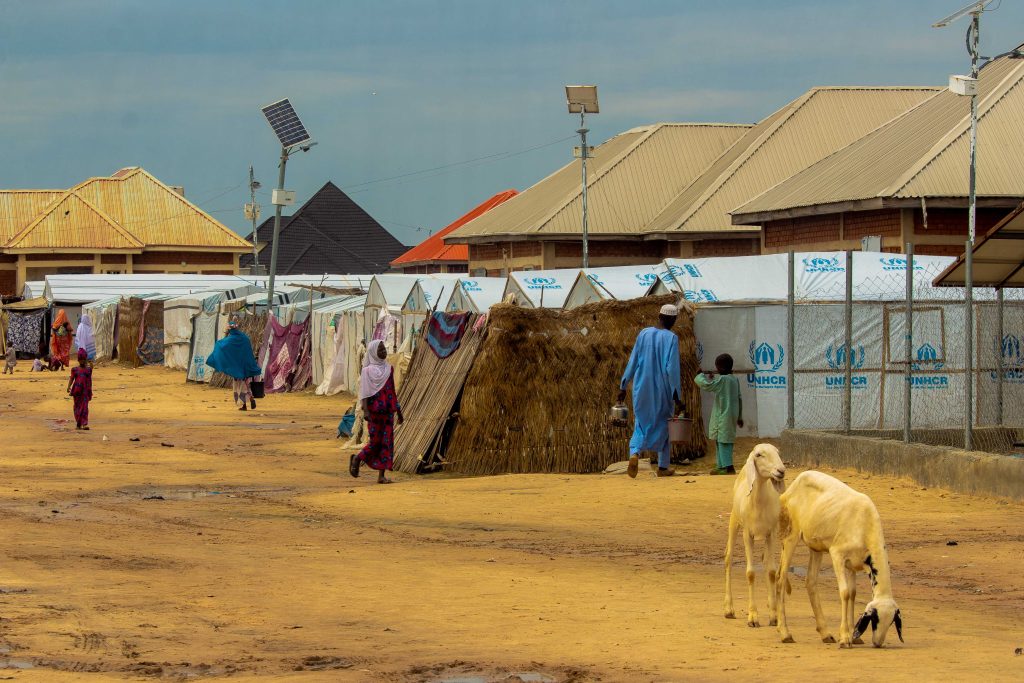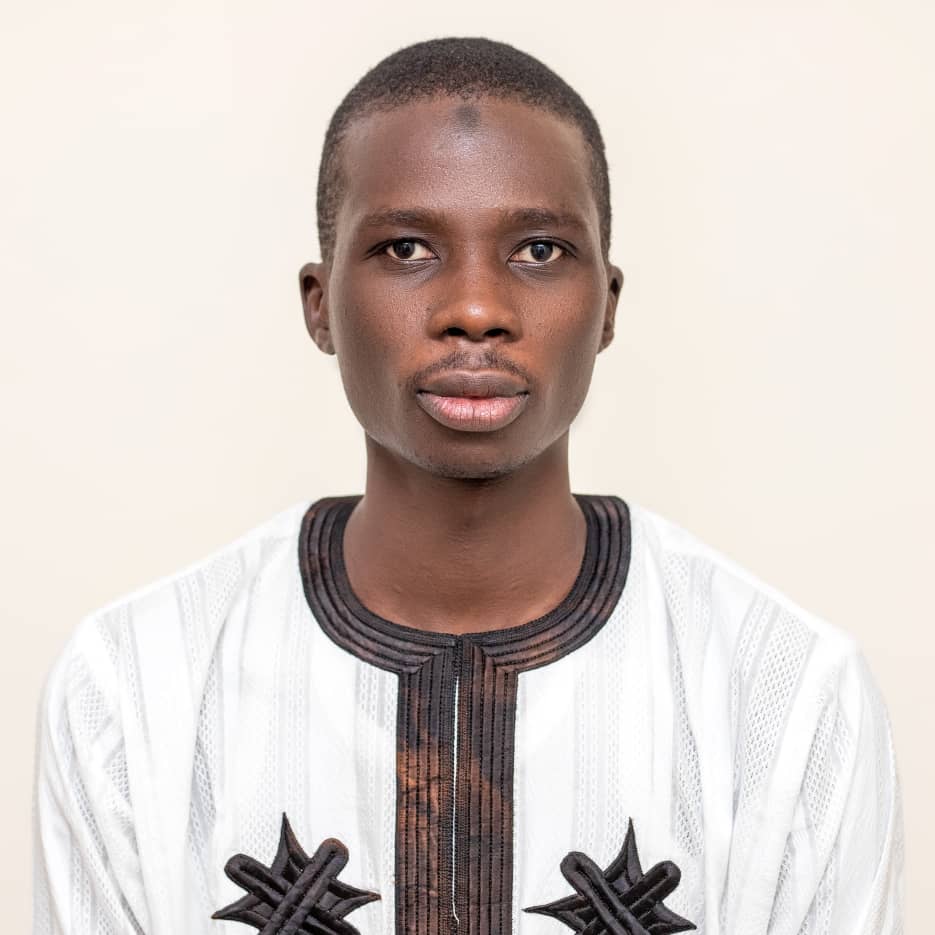Nigeria: Widespread Violence Overshadows Election
Africa’s largest democracy is poised to hold its national election, but rising violence looks set to impede many voters from placing their vote. How likely is it that the successful candidate will usher in much-needed stability?
Candidates from Nigeria’s four major political parties seek to replace President Muhammadu Buhari in the presidential election on 25 February 2023 and the key issues are the deteriorating economy and increasing lawlessness. The security crisis raging in many parts of the country is threatening lives and livelihoods, as well as potentially jeopardizing the ability of many to vote. The government, however, has stood by its plans to go ahead with the ballot, with the head of the electoral commission, Mahmood Yakubu, stating they are “not contemplating, let alone planning, to postpone the 2023 general election”.
The current leader, Buhari, was elected in 2015 following the escalation of insecurity, particularly in the northeast of the country. However, since then, he has failed to install counter-insurgency strategies and violence has increased. In its latest Nigeria report, the Bertelsmann Transformation Index (BTI) highlighted the political void in dealing with the threat. “The poor performance of President Buhari’s first term continued and even worsened because of the pandemic and his inability to professionalize the military in its campaign against the Islamist insurgency,” BTI experts said. “It remains unclear how the central government and regional governments intend to successfully counter Islamist terror, gangs and piracy in the medium term.”
Multiple threats of violence set to impede access to ballot
Across the country, violence is creating obstacles for the Electoral Commission. In the country’s north, the threat from jihadi insurgents and other armed groups, particularly bandits, can make communities and roads inaccessible for observers and officials. Moreover, last year, the Islamic State West Africa Province (ISWAP) expanded attacks into parts of Nigeria’s southern and central region, including the capital of Abuja. Holding elections in the troubled region will be arduous and will likely involve holding the ballot in secured garrison towns. Many locals will not be able to vote because they have fled to other parts of the country or abroad.
The threat to the elections is not isolated to the local Islamic State, and it extends to the Al Qaeda-affiliated Jama’atu Ansaril Muslimina fi Biladis Sudan (Ansaru), which has become more active over the past few years after a deep freeze. Ansaru has rebuilt some of its capacity and carried out preaching against democratic systems, including political activities and participation in elections..
Meanwhile, there is prevalent insecurity in the northwest and north-central regions, ravaged by armed bandit groups raiding communities and kidnapping people for ransom. The violence and displacement of over a million people will hamper the chance of a fair ballot in these regions with a voting population of 22.25 million and 15.36 million respectively.
In the south, the main electoral threat comes from militants and separatist groups. Since 2019, several facilities belonging to Nigeria’s electoral commission have been repeatedly attacked. The most vicious campaign is linked to the Indigenous People of Biafra (IPOB) which is agitating for a breakaway state. The group’s brutal intimidation of voters led to the low voter turnout during the Anambra governorship polls in 2021. Similar separatist agitations and attacks are brewing in the southwest. These security challenges, alongside the traditional militancy in the oil-rich Niger Delta, fan fears about whether the election will go ahead.
Candidates respond to the mounting insecurity, questions remain
Political candidates have voiced concern about the rising violence. Bola Tinubu, for example, the candidate from the ruling All Progressives Congress (APC), spoke in late December about “ballot security and election violence” as well as the trend of attacks against the personnel and facilities of the Electoral Commission. He said there was a need to boost the capacity of the country’s armed forces. Tinubu has caused uproar among young people after suggesting that 50 million youths should be recruited into the military.
Meanwhile, Atiku Abubakar, the candidate of the opposition People’s Democratic Party (PDP), has lashed out at the governing party over its failure to confront the security crisis. He pledged to deal with it by changing the nation’s security architecture if he is elected, but he stopped short of giving any detail on his planned reforms.
The New Nigeria Peoples Party (NNPP) candidate Rabiu Musa Kwankwaso shared his ideas, which also involved plans to boost the security forces. The Labour Party’s Peter Gregory Obi, who hopes to attract young voters — a significant voting bloc — spoke of improving their predicament while also seeking to reform the security structures.
However, politicians across the board have failed to provide concrete details on how to combat the rising insurgency, sparking voter skepticism that they are likely to be able to quell the insurgencies. The government and the electoral body are preparing security measures and the country’s National Security Adviser, Babagana Monguno has repeated pledges that the election will operate smoothly. However, the sheer scale of threats and the limited capacity of security forces mean that access to voting facilities are likely to be curtailed. As the date for the national vote approaches, Nigerians’ hopes for a new government that will improve the safety of lives and curb violence, look increasingly remote.

